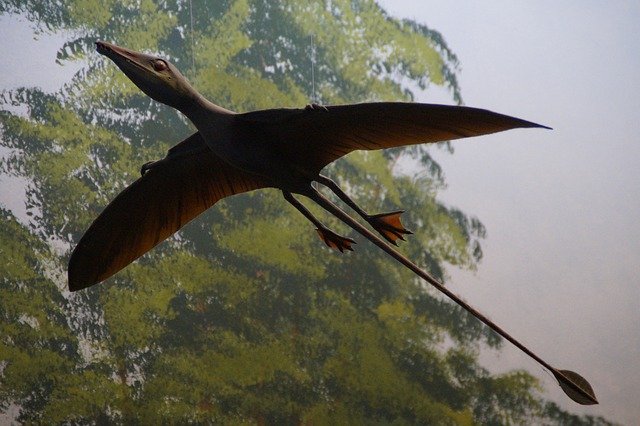A group of scientists has discovered a new species of Pterosaur. Unlike any other animal of his previously known order, it had a long, thin beak without teeth.
It was precisely a fossilized part of this peak that allowed specialists to identify it. The fossil in question was initially believed to be part of a fish’s spine, due to its format.
“We’ve never seen anything like this little pterosaur before. The strange shape of the beak was so unique that at first fossils were not recognized as pterosaurs,” says David Martill, a professor at the University of Portsmouth and a co-author of the research.
After an inspection of the region where the bone was found, additional fossils of the animal were found in Morocco, which allowed the team to conclude that it was a new species.
Beak bone reveals pterosaur like no other https://t.co/KSIvpufjte
— Phys.org (@physorg_com) October 15, 2020
The new species, named Leptostomia begaaensis, used its beak to probe the earth and mud in search of hidden prey, similar to what New Zealand kiwis do.
“Some species hunted food on the wing, others stalked their prey on the ground. Now, the fragments of this remarkable little pterosaur show a lifestyle previously unknown for pterosaurs,” Martill added.
Contrary to what many believe, pterosaurs are not dinosaurs, although they lived with them for several million years. More than 100 species of these flying reptiles are known, the sizes of which could be as small as that of a sparrow or as large as that of a fighter jet.
